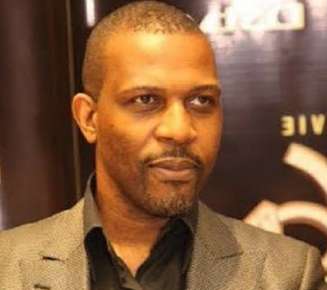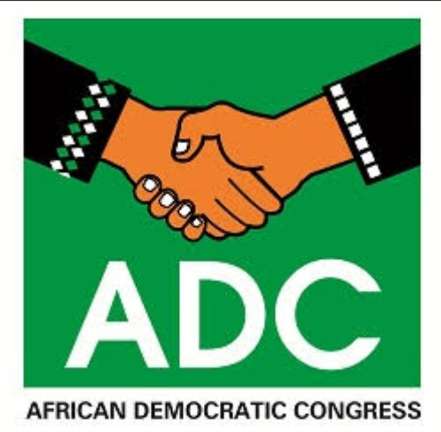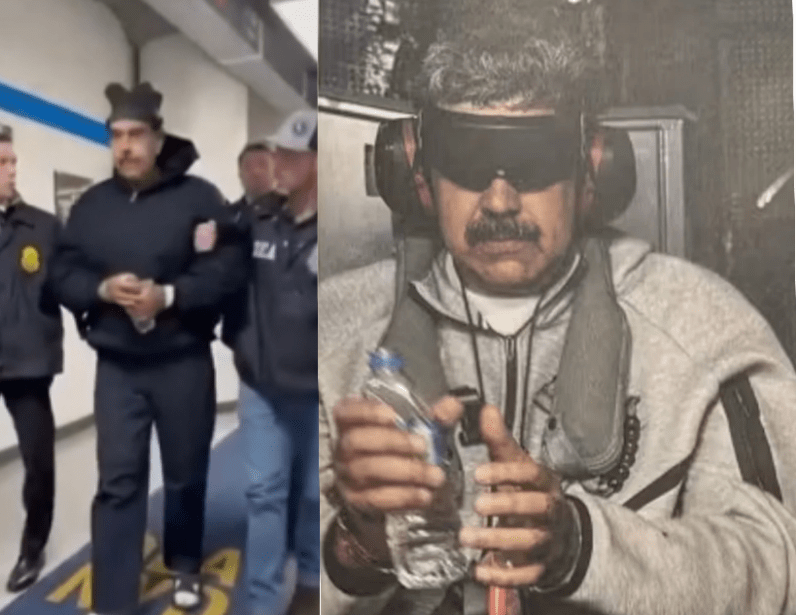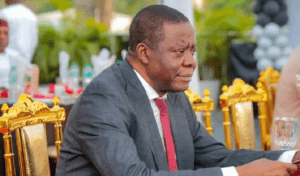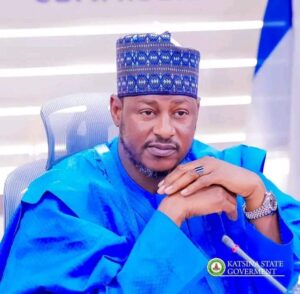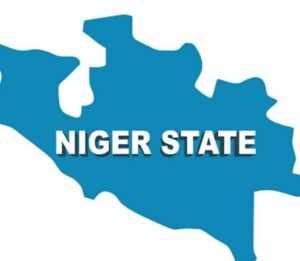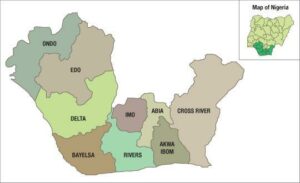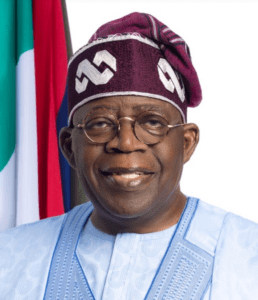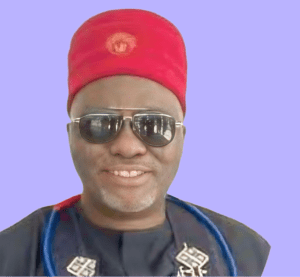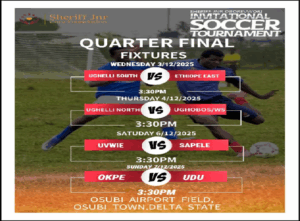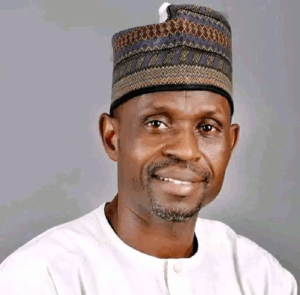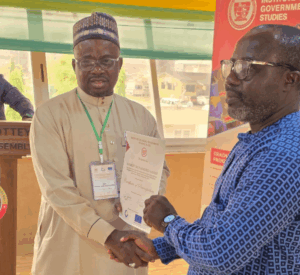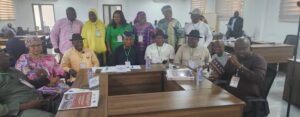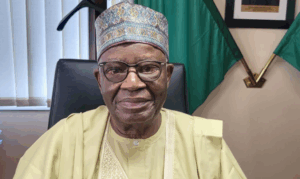My Life in UK by Tonye Princewill: Inspiring Story of A Prince Who Became Successful Starting from Scratch
This post has already been read at least 111563 times!
Apart from being a Prince of the Kalabari kingdom in Rivers State and son to an eminent Professor of Medical Microbiology and First class King, Prince Tonye J.T. Princewill is a prominent businessman, petroleum engineer, movie producer, philanthropist and politician. He was also two-time gubernatorial candidate in Rivers State under Action Congress (2007) and the Labour Party (2015).
In an Exclusive Interview, he speaks about life at 52, his success secrets, his popular movie -76, why he sponsors youths to Dubai, his ideologies, passion for youths, effecting change and bringing development. Excerpts:
Contents
You have succeeded in many areas, what are your reflections? What has life taught you at 52?
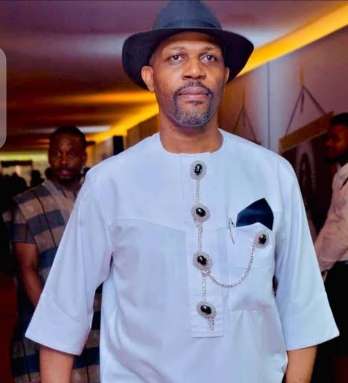 For me there is so much more to do. There is so much more that could have been done. But it would be wrong not to be grateful for what has already been achieved. Looking back you have got to understand that in the Nigeria of today, a 52 year-old is young because you have people in their 70s and 80s still running things.
For me there is so much more to do. There is so much more that could have been done. But it would be wrong not to be grateful for what has already been achieved. Looking back you have got to understand that in the Nigeria of today, a 52 year-old is young because you have people in their 70s and 80s still running things.
Naturally, at 52, you don’t feel like you are old. If I have to look back, what I will remember are the PHPs of patience, hard work, and perseverance. All of those things pay off. You also need to also build your foundation right. Being in a hurry is not necessarily good. I‘be learnt not to be in a hurry. That which lasts, require effort.
Despite the Nigerian challenges, what kept you going? What motivates you?
My drive and passion have been unstoppable. You have to understand that I spent part of my early life in Nigeria and then moved to the UK. In the UK, I was doing well. I was fine and happy. When I came back to Nigeria something pricked me. The difference was striking. The life I was living in UK compared to what I saw in Nigeria was unacceptable.
So, my return to Nigeria has always been driven by addressing the unacceptance of the situation. As long as the differences exist, I remain motivated. Every single time I travel out, the pain is revisited when I come back. The difference is clear. The question is not how do I keep on. The question is: “what can stop me”? So, the inequality, injustice and inequities everywhere would continue to give me an unstoppable drive to keep on moving.
You share a lot in common with your father including his birthday. As a respected Professor of Medical Microbiology and a very Prominent traditional ruler in Rivers State, How much did he influence you and what you are today?
My father always says that he likes to give me the choice to make my own choices. I once teased him that he was the reason I had studied Petroleum Engineering but he was quick to remind me that it was my own decision. He was right. He is always happy to discuss with me and advise but he is always happy to have me make my own decisions. The choice of going into politics was also not his idea but he accepted it as a mark of respect for me. I am fortunate. Being his only child, I had the attention.
My father was a generous man, so, growing up, we were always surrounded by people being around. In fact, my mother had five children from her previous marriage and my father took them all in and treated them like his own. Despite the privilege of being the only one, I was open to people. My parents taught me to care. Yes, my first seven years in life were with just him, me and my mother.
But coming back to Nigeria, my step brothers and sisters were always around me. He adopted them as his own. I also found his openness, generosity and humility quite worthy of emulation. I would like to think I picked some of those traits from him. Humility is key. Don’t take anyone for granted. It’s important you respect everyone. Nobody is better than others. I took all that from him. In terms of his influence, it was more desirable for me to learn from him. He’d always strive, that I should be independent.
You were born with a silver spoon. How would you react to a view that you had success on a platter of gold?
It would be inaccurate to say that I have my success on a platter of gold. Where I would say I had an advantage was my good education. I was given the best education available and with that I was able to find my way. I can’t take that away from my parents. I went to the best schools and mixed with good minds but not necessarily that I got the silver spoon.
I remember after school, I decided to leave the country and go to the UK. My father was wondering why I had to do that but I insisted on finding my own way. So I went to the UK, and started from the scratch. I landed in the UK with just £30. I found my way from there to later secure myself a Masters degree while working to stay alive.
From there, I built myself a career, secured jobs, developed my capacity with more relevant skills, etc. Slowly but surely I made my life in the UK literally from scratch, working hard and eventually starting a family. My father was very critical of why I had to leave. He was a lecturer and later became a King. But I had always wanted to build my own life and follow my dreams and livelihood outside his sphere of influence. Again, when I returned, I was never involved in the affairs of the kingdom except to advise and mentor the next generation. I was in Lagos, Abuja doing my thing.
The reason I was doing things my way was not because I didn’t like help, but because I believe in the idea of fighting to survive. Training myself to survive with my brain. To be fair to my dad, he actually taught me to be that way: to find my own path in life. I want to think that I did. But his shadow is cast wide. His good works and his good heart have left many people wishing me well just because I’m his son.
What informs your special interventions like the Youth Programs in Dubai & Ghana?
Let’s look at Ghana and then Dubai. I took over 30 youths to Ghana and then picked the best and sponsored them to Dubai. For Ghana, I had visited Accra and noticed its cleanliness. I met a lot of people there and asked them if I could bring some Nigerians there to understudy their waste management system and local government administration and they agreed.
Remember, I earlier said we all need to grow together. Others can then continue the legacy. I also noticed the smooth transfer of power between opposition and the incumbent. I wanted to share the experience with others to pass on such good practices. The end goal was to expose them to best practices. Seeing is believing. I then took the best 10 from the 30 to Dubai where they met all the key people. They met the masters who exposed them to the knowledge of how UAE was developed.
For me, Nigeria, Rivers State, Africa, those who develop it are not spirits; there is nothing mystical about visible development. There are lazy and smart people everywhere. The problem is how to engage more smart people and give them more roles and responsibilities. My hope in the program was that I gave the group the opportunity. I do many other interventions here and there with a desire to give back and help build a better society. I have many projects I use to help. But I also go farther into mentoring, building and supporting them.
As a different and progressive breed of leader, what defines your brand of leadership and political ideology?
I think that’s a good question and I think the difference in my case is pretty clear. I have clear ideologies which clearly guide where I stand on a variety of issues. Unfortunately, even journalists don’t probe the issue of ideology. I’m glad you are asking about it as most don’t ask. The first question should not be to the politician but to the political parties. If political parties have well-formed and clear ideologies, that will guide the politicians.
The politician then decides that I don’t believe in this ideology and cannot work with this party. Instead, we have political parties that lack ideologies. Therefore, the ideologies now stand with the politicians. In my case, I have a clear ideology and I will define myself as more centre left than centre right. I am pro-business but I don’t believe in promoting business at the expense of the people.
My primary concern is the people. I don’t believe the people should survive on welfare. They will survive and excel if they are given the opportunity to thrive. But for that to happen, business too must also thrive. Successful businesses build successful citizens who are then hardworking, tax paying, and further developing the people. I believe that you should get rich and pump back in to the society so all of us should be growing together. I don’t believe in a storey building amidst many bungalows. I believe we should have the city of storey buildings and all should be growing together. For me, my ideologies are clear.
I know my stand on the minimum wage, education, transportation, and housing. The number one priority of every politician should be job creation because it covers everything. It should not be about government employing 2000 or 10,000. It should be government encouraging businesses to thrive through an enabling environment and then businesses employing people. What are the key factors for a business to thrive? Security and capital. When viable funds are available for businesses, there is growth. Low-interest rates are also helpful.
The current government has these things in place but my pained position is that these things should form the ideology of the party and should drive all its candidates. An APC government in a state should be doing similar great programs in the state. This is because all are guided by the party ideologies. That would therefore then be an APC ideology. But we don’t see these things and journalists don’t ask the politicians. The journalists don’t ask the political parties what are their ideologies.
As a party, what’s your position on minimum wage, youth employment, security? Parties are institutions, not interventions to put people in power with no directives that reflect through from federal to local government levels. Nobody is asking these questions of parties or politicians, so I’m glad you asked. I have my ideologies and it has been built up by my experiences and my world view. However, if I go into a party, will it ask me about ideology? Do I sign on to anything? If I switch parties, does anyone care about my ideology? It’s all grammar they say.
How do you relax?
I play video games; PlayStation. I’m an expert in FIFA. I love my wife and I going to the local cinema. We have slowed down on that because of Coronavirus.
When I’m in Nigeria it depends on where I am, but when in Lagos, I really enjoy going to my restaurant to eat and watch my workers working. I enjoy taking it easy; reading a book, watching a movie and relaxing by playing on my PlayStation. Unfortunately these days I am doing a Law degree in the University of London so my time to relax is far far reduced.
This post has already been read at least 111563 times!

